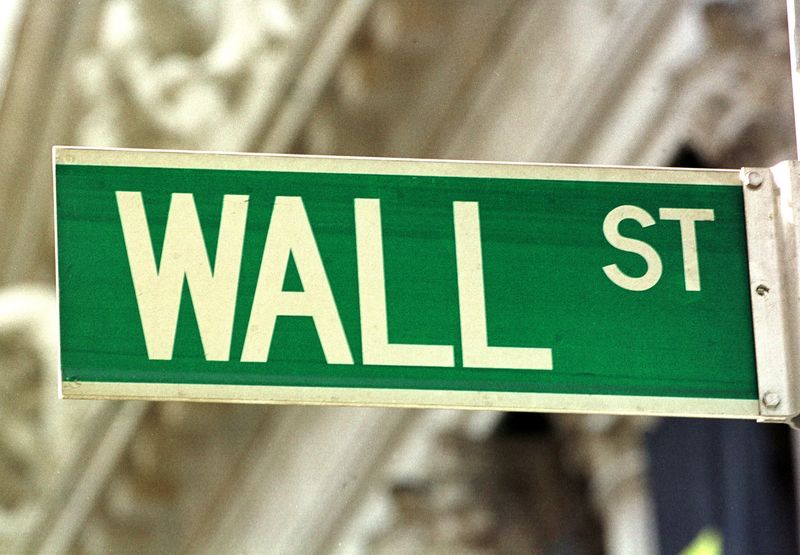This post was originally published on this site
https://i-invdn-com.investing.com/trkd-images/LYNXMPEI860IQ_L.jpg
WASHINGTON (Reuters) -The U.S. Federal Reserve is conducting a “holistic” review of bank capital requirements, plans to perform an analysis of lenders’ climate change financial risks next year, and might impose tougher rules on large regional lenders, its new regulatory chief said on Wednesday.
In his first public remarks since joining the central bank in July as Vice Chair of Supervision, Michael Barr outlined an ambitious agenda that could spell a major shake up for the country’s large lenders which had enjoyed a lighter touch under the central bank’s previous Republican leadership.
“We are looking holistically at our capital tools to understand how they are supporting the resilience of the financial system, individually and in combination,” Barr told an audience at Washington think tank the Brookings Institution, adding the review could inform adjustments to annual bank “stress tests,” the supplementary leverage ratio and the countercyclical capital buffer, three key capital levers.
“We will work to minimize unintended consequences, limit opportunities for gaming, and avoid excess compliance costs that do not result in risk reduction,” he continued.
Barr also said the central bank planned to launch a pilot “micro-prudential scenario analysis exercise” next year to better assess the long-term climate-related financial risks facing lenders.
The Fed is also exploring how easily large regional lenders, which have grown dramatically following a series of mergers in recent years, could be wound down in the event of a crisis and potential policy changes for such lenders, said Barr.
Barr’s role gives him extensive powers to oversee the country’s largest lenders, and the industry and analysts have been waiting anxiously for insight into how he plans to use them.
Nominated by Democratic President Joe Biden, Barr had been widely expected to take a much more aggressive stance on Wall Street than his Republican predecessor Randal Quarles.
As a former senior Treasury Department official, Barr helped craft the 2010 Dodd-Frank law that created the Fed Supervision role and imposed a host of new rules on lenders in the wake of the 2007-09 financial crisis.
With Barr in place, all the major financial regulatory agencies are now filled with Biden picks, meaning other joint reform efforts, such as overhauling fair lending rules, can also be accelerated. Barr’s said his to-do list also includes overhauling how the Fed handles large bank mergers, and stepping up scrutiny of risks posed by cryptocurrencies.
“It is just so important to have this position filled with a Biden appointee,” said Todd Phillips, director of financial regulation at the Center for American Progress, a liberal think tank. “Having Barr allows the Biden bank regulatory agenda to kick into high gear.”

